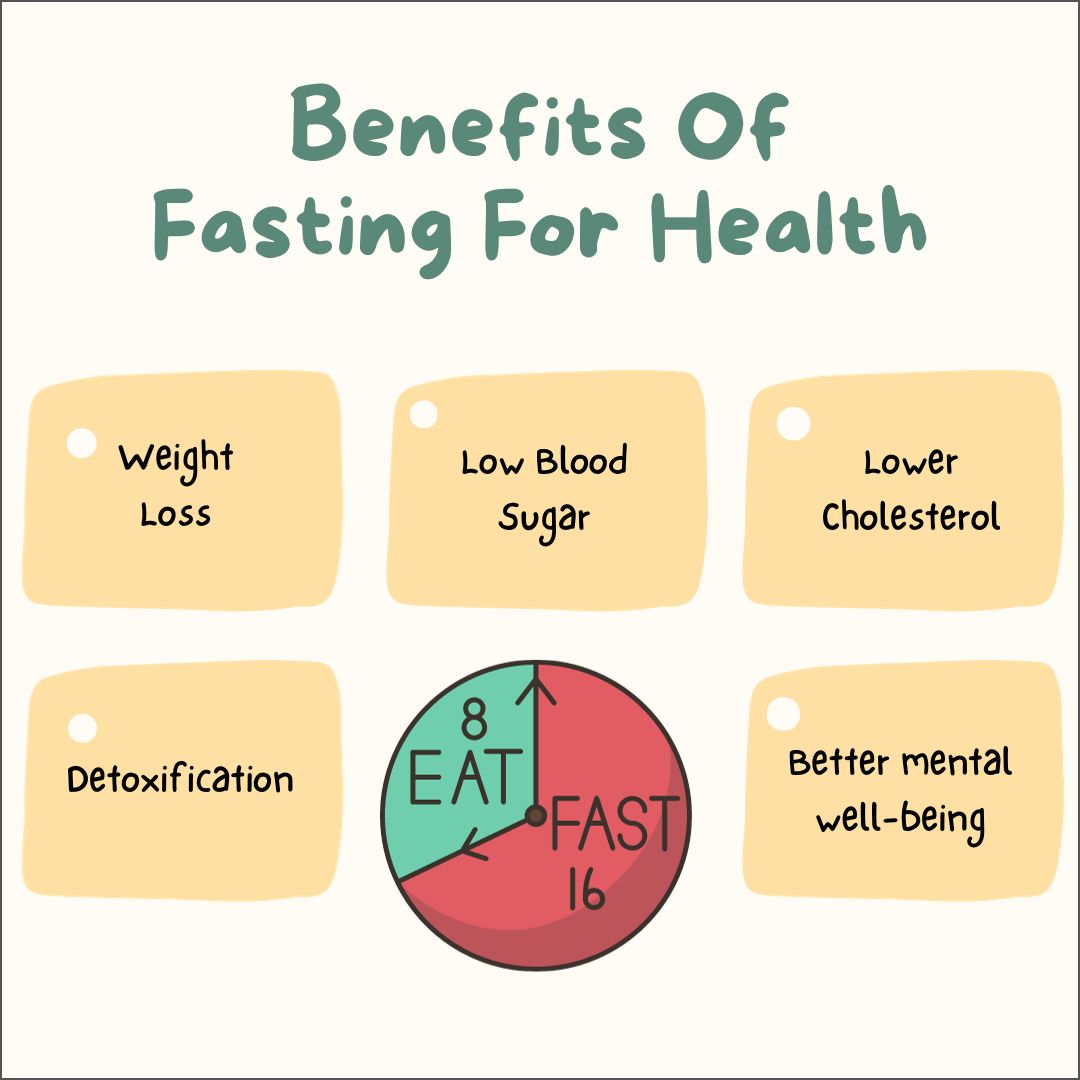Ayurveda, Traditional Chinese Medicine (TCM), Herbal Remedies
Here’s a detailed overview of Ayurveda, Traditional Chinese Medicine (TCM), and Herbal Remedies—their principles, methods, benefits, and how they compare:
🌿 1. Ayurveda (Indian Traditional Medicine)
🔸 Origins & Philosophy
- Originated over 5,000 years ago in India.
- Focuses on balance between mind, body, and spirit.
- Based on the three doshas (body energies):
🔹 Vata (air & space),
🔹 Pitta (fire & water),
🔹 Kapha (water & earth). - Disease occurs when these doshas are imbalanced.
🔸 Core Practices
- Dietary guidelines based on dosha type.
- Daily routines (Dinacharya) – including tongue scraping, oil pulling.
- Detox therapies (Panchakarma).
- Yoga, breathing (Pranayama), and meditation.
- Use of herbs like Ashwagandha, Turmeric, Triphala.
🔸 Benefits
- Enhances digestive health, mental clarity, and immunity.
- Personalized care for chronic conditions (e.g., arthritis, skin issues).
- Encourages lifestyle harmony over time.
🧧 2. Traditional Chinese Medicine (TCM)
🔸 Origins & Philosophy
- Over 2,000 years old, developed in ancient China.
- Based on yin-yang balance, Qi (vital energy), and five elements (wood, fire, earth, metal, water).
- Health = smooth flow of Qi; illness = Qi blockage or imbalance.
🔸 Core Practices
- Acupuncture – stimulating meridian points to balance Qi.
- Herbal medicine – blends of roots, barks, and minerals (e.g., ginseng, licorice root).
- Cupping & Moxibustion – heat therapy using herbs or cups.
- Tui Na (massage) and Qi Gong (energy movement).
- Food therapy – balancing yin/cooling and yang/heating foods.
🔸 Benefits
- Effective for chronic pain, digestive problems, respiratory issues, stress.
- Integrates well with modern medicine for support in cancer care, fertility, insomnia.
- Focuses on prevention and long-term vitality.
🌱 3. Herbal Remedies (Global Traditions)
🔸 Overview
- Use of plants, roots, leaves, flowers for healing across many cultures (e.g., Native American, African, Amazonian, European folk medicine).
- Considered the foundation of many modern pharmaceuticals.
🔸 Common Herbal Remedies
- Echinacea – immune booster.
- Ginger – aids digestion, reduces nausea.
- Chamomile – calms anxiety and helps with sleep.
- Peppermint – soothes digestive issues.
- Milk Thistle – supports liver detox.
- Valerian Root – natural sedative.
🔸 Benefits
- Treats mild to moderate ailments naturally.
- Fewer side effects than synthetic drugs (when used correctly).
- Supportive in preventive health, stress relief, and minor infections.
⚠️ Precautions
- Herbal remedies can interact with medications.
- Dosage and purity can vary – always consult a professional.
- Some herbs can cause allergies or reactions.
🆚 Comparison Chart
| Feature | Ayurveda | Traditional Chinese Medicine | Herbal Remedies |
|---|---|---|---|
| Origin | India (5000+ years) | China (2000+ years) | Global/Ancient |
| Focus | Dosha balance | Qi & Yin-Yang balance | Specific symptoms or conditions |
| Techniques | Diet, detox, yoga, herbs | Acupuncture, herbs, cupping | Teas, tinctures, extracts |
| Herbs | Turmeric, Ashwagandha, Neem | Ginseng, Goji berry, Reishi | Chamomile, Ginger, Valerian |
| Mind-body connection | Strong emphasis | Strong emphasis | Varies by tradition |
| Modern use | Chronic illness, stress, detox | Pain relief, fertility, immunity | General wellness, immune support |
✅ Why Use These Natural Systems?
- Encourage prevention rather than cure.
- Tailored to individual constitution and environment.
- Support mental, physical, and spiritual balance.
- Often used alongside modern medicine for holistic care.




